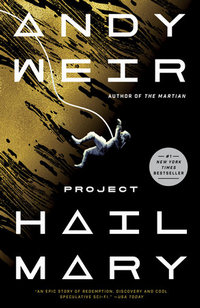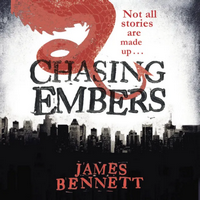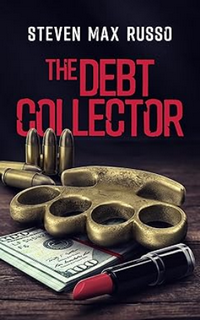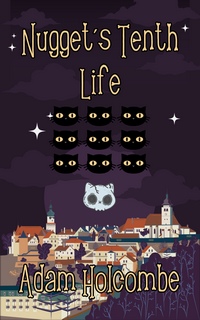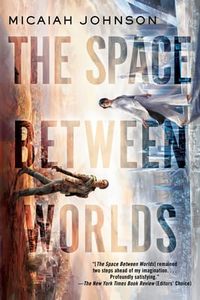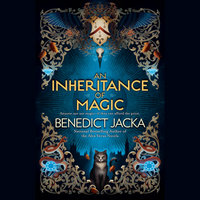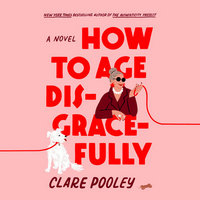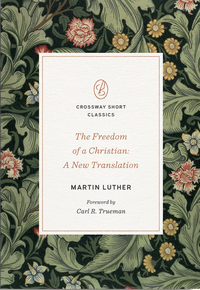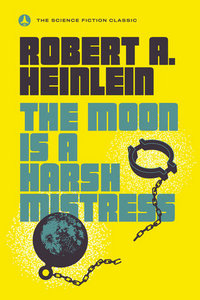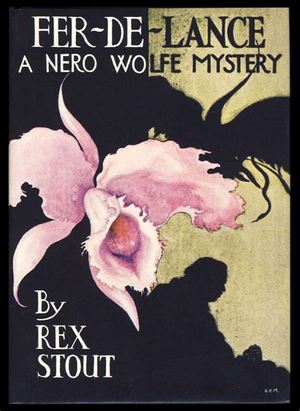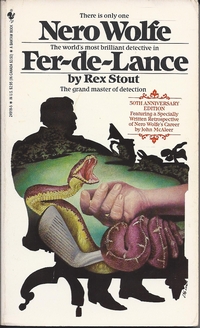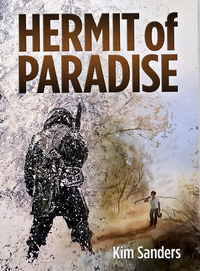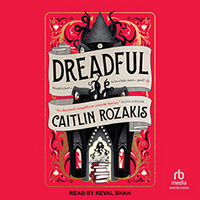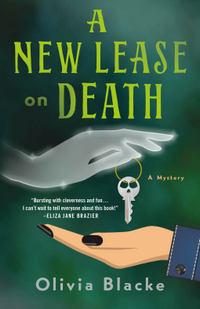 A New Lease on Death
A New Lease on Death
DETAILS: Series: Supernatural Mysteries, #1 Publisher: Minotaur Books Publication Date: October 29, 2024 Format: eARC Length: 336 pgs. Read Date: October 11-15, 2024

Ruby
Ruby is a young twentysomething-ish woman*, new to Boston, having moved there following a bad breakup. She’s left the comforts of home and family to start again and prove to herself (and probably her ex) that she can do it on her own. She’s generally optimistic, talks to herself, is a bit overwhelmed with everything but she still has a cheerful personality—which is reflected in everything from the way she dresses to the way she looks at life. Despite Winter in Boston, which really isn’t treating her well, that is.
* Just before scheduling this post, I remembered that Ruby can’t spend time in bars. So, she’s a really young twentysomething-ish. I could probably look it up, but that’s good enough.
She’s jobless, but looking, and is getting close to the desperation point. But she’s not going to quit until she has to.
She shares her apartment with a woman who is very different than her, and their communication…well, it’s lousy. And not just because Ruby’s killed all but one of her houseplants.
Cordelia
Cordelia is noticeably older. Not truly grumpy, but optimistic and bubbly are definitely not things she’s been called (or would want to be called). She’s maybe not a huge success, but she does well enough that she’s not worried about money or comfort (there’s more to it than that, but I’ll let you read it for yourself). She likes to stay home in the evenings and read.
And drink. And drink some more. I don’t know if she’s technically an alcoholic (a functional one, for what it’s worth) or if she’s just a heavy drinker. It’s probably an academic question, really.
Cordelia doesn’t have much of a social life, she gets along with her coworkers—none of whom know that up until recently she’d been having an extended affair with their very married boss.
She doesn’t understand Ruby’s optimism, her approach to life/job hunting, resents what she’s doing to her houseplants, and just doesn’t know how to get through to her at all.
A large part of that stems from the fact that Cordelia was found dead a few months ago, and is now a ghost who likes staying in her former apartment while she gets a handle on the whole afterlife thing. Ruby, is (I should’ve said earlier, but I just assume it) very much alive and was more than happy to move into an already furnished apartment.
What’s A New Lease on Death About?
The book opens with Cordelia trying to talk the brand-new ghost of their neighbor through the opening minutes of his afterlife. He’d been murdered just outside their building and he is not taking the whole experience very well.
In one of the early attempts at actual communication between the roomies, Ruby gets the idea that Cordelia is trying to tell her they should investigate the murder like someone on one of the True Crime podcasts she’s a huge fan of. Cordelia was actually trying to keep Ruby as far as she could from all that, and seemed more than ready to accept the police’s rushed theories.
Before you know it, these two had become much more than people…entities?…sharing an apartment, they were a semi-functional team on the hunt for a killer.
The Ghostly Brass Tacks
This isn’t a book steeped in magic, supernatural creatures, and other things common in Urban Fantasy or even other supernatural mysteries I’ve talked about here. The Supernatural (at least in this book) is limited to ghosts who linger around—and not many do. We’re not really told why, but Cordelia has a theory.
It’s not easy to help someone when you’re incorporeal, invisible, and unable to make yourself heard. It’s also hard to “lean on” or assist someone if you’re not all that sure is actually around, or off doing their own thing.
And honestly, that’s just the beginning of their problems.
Blacke paints a picture of Claudia’s reality, her state, her learning curve, and her abilities to interact with the physical world and people in a way that absolutely makes sense, is consistent, well thought-out, and believable. It’s truly impressive—and darn entertaining—to watch Claudia try to be Ruby’s partner through all this.
It’s strong to say there’s a relationship between these two, but there is.
So, what did I think about A New Lease on Death?
In brief—this is everything I hoped it would be (well, I wanted a few more jokes, but I got over that). I bought in right away to everything—Blacke made that really easy—and both the plot and characters kept me fully engaged. I was faster than the pair on a thing or two (nothing applicable to this case, but what appears to be the next one), but didn’t get to the solution to the mystery until about the same time as Ruby and Cordelia.
It’s both a fun and well-executed novel and a solid introduction to a world and series (it’s at least a duology, I just don’t know how many books Blacke/Minotaur Books have in mind). There’s not a huge cast of characters that we can expect to see again—but there are some. We’ll see some of Ruby’s coworkers, I’m sure (eep—minor spoiler, she finds some kind of job); there are some figures we’ll see from the apartment building; and there’s one ghost I expect Cordelia to learn a bit more from. But it’s essentially a cast of two—and that’s more than enough to fuel this book and series.
In a step in a new direction for Blacke, this isn’t a cozy mystery—or so Blacke’s website says. And it’s true, I suppose—largely depending on how strictly you define “cozy.” But almost every cozy reader will embrace the storytelling. Blacke’s fans, in particular, will be fine with this after a little adjustment, and will likely embrace it without much trouble.
It’s not as lighthearted, warm, fuzzy, and pun-filled as The Record Shop Mysteries were. There’s little in here that’s outright funny—although you’ll smile most of the time, and the book is rarely dark. Tonally, it’s close to Darynda Jones’ mysteries, Janet Evanovich, and Lee Goldberg’s Eve Ronin (although all of those contain more jokes).
What Blacke carries over from the Record Shop Mysteries is her charm. You will like these two women right away. You’ll look for signs of friendship, camaraderie, and understanding between the two—and be pleased when you find them (and when you don’t have to look anymore).
This is the fourth book by Blacke that I’ve read, and it’s the fourth book of hers that I enjoyed. But she’s displaying a greater skill when it comes to writing, plotting, and character here than she has before. I think that’s a function of subject/subgenre rather than skill or anything. I’ve liked her books before, but this impressed me in a way the others haven’t. I don’t think it’s me comparing the two series—because I honestly want her to circle back soon to the environs of Sip & Spin Records (as little as I expect it). It’s just this is a better canvas for her to display more of her talent.
If you’ve tried her earlier material, you’ll see what I mean. If you haven’t, just realize I was dancing around a point—and maybe landed near it.
Regardless—this is a fun odd couple/buddy cop outing featuring amateur sleuths (so, yeah “buddy cop” isn’t technically right, but you know what I’m saying) with a side order of supernatural woowoo. The solution to the mystery is satisfying and fitting—and the conclusion of the novel launches into the next novel/series. What’s not to like? Very little. I’m already eagerly awaiting the next volume. I feel like there’s something I’m not saying, but I can’t figure out what it is. So I’ll just leave it at this point.
I’m looking forward to the next book, I expect almost everyone who reads A New Lease on Death will find themselves in the same boat. And I really hope many people come aboard—like you. Yes, you. Pick this one up.
Disclaimer: I received a copy of this book from St. Martin’s Press via NetGalley—thanks to both for this.

This post contains an affiliate link. If you purchase from it, I will get a small commission at no additional cost to you. As always, the opinions expressed are my own.
![]()




